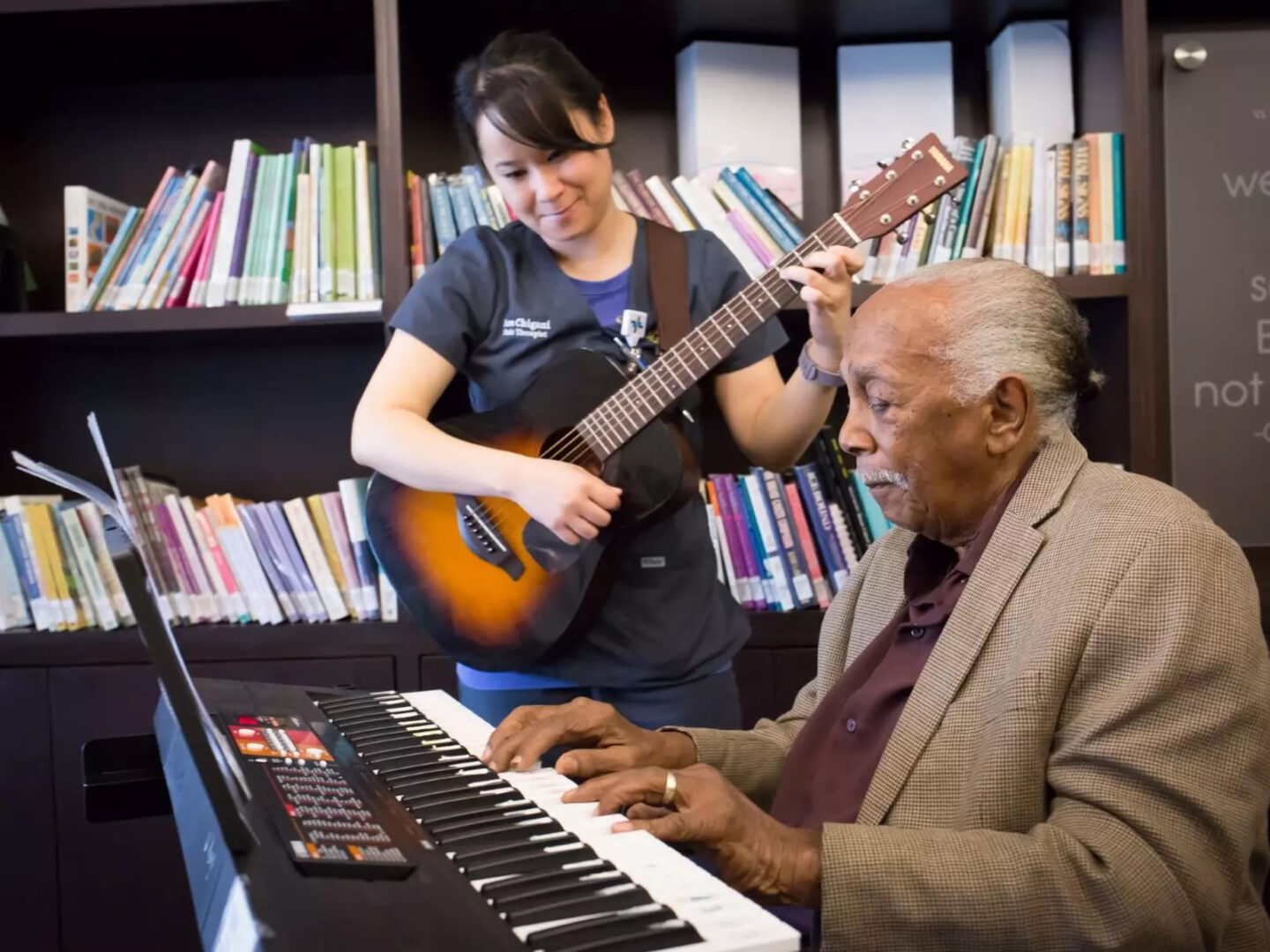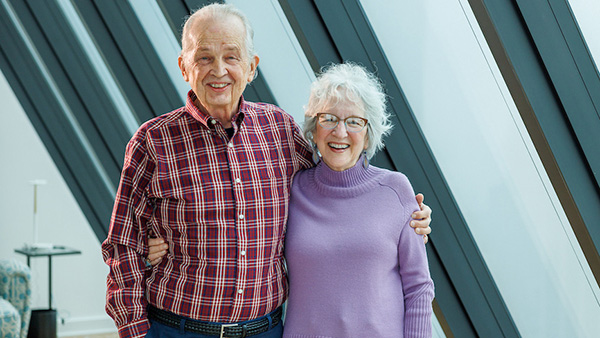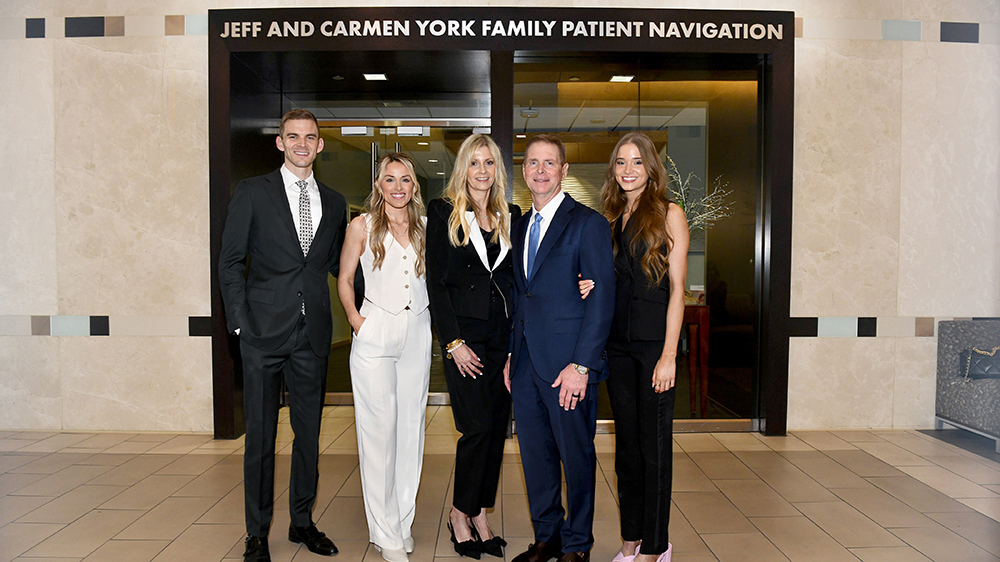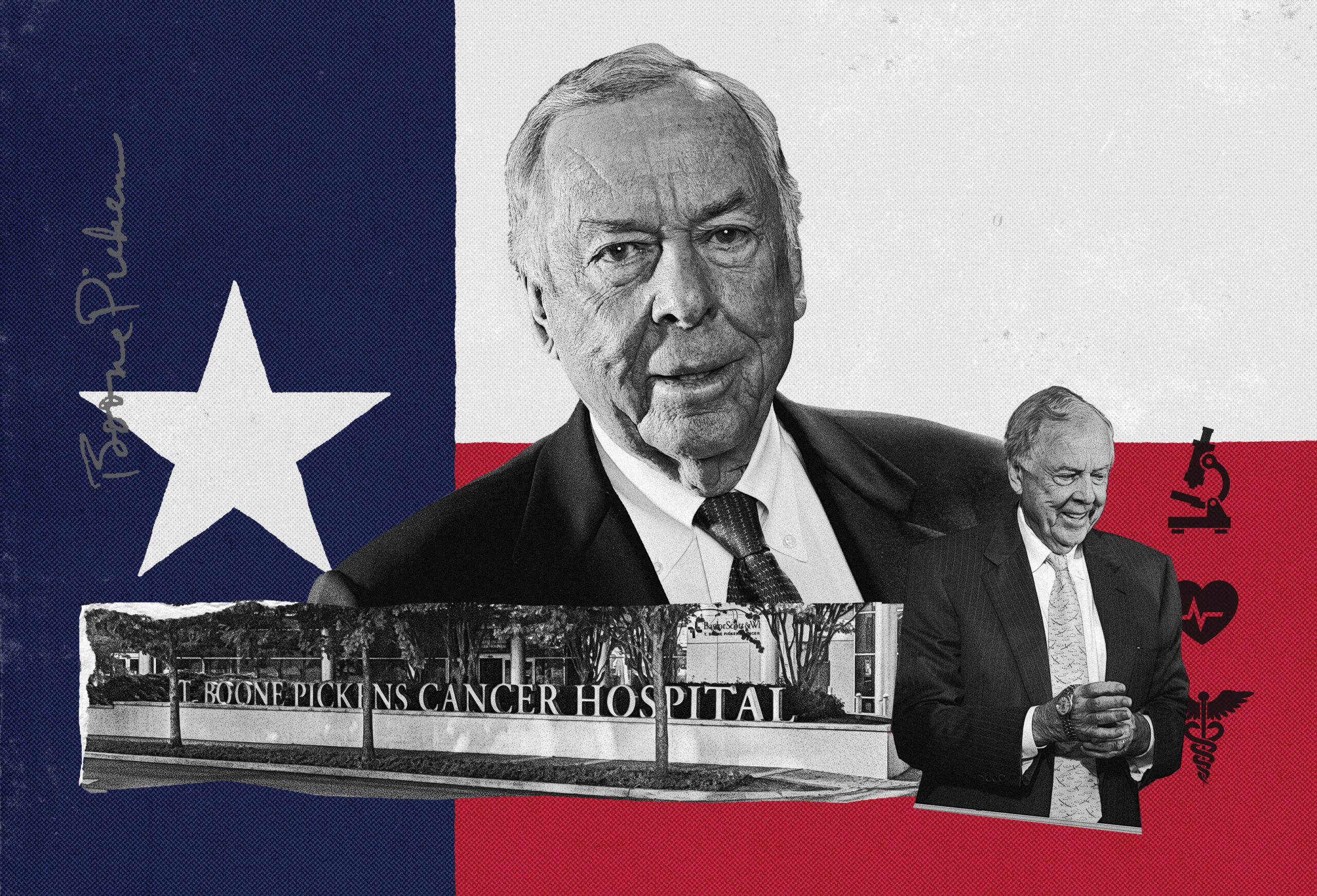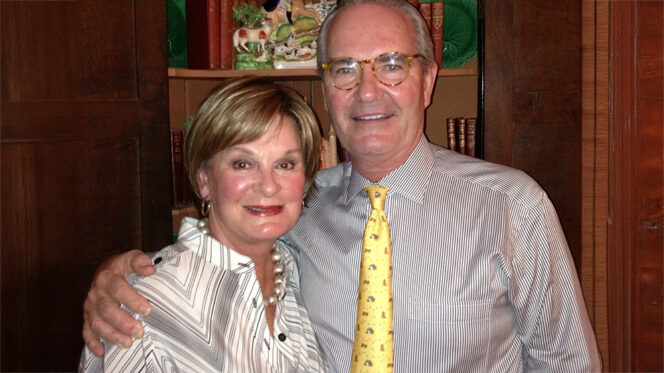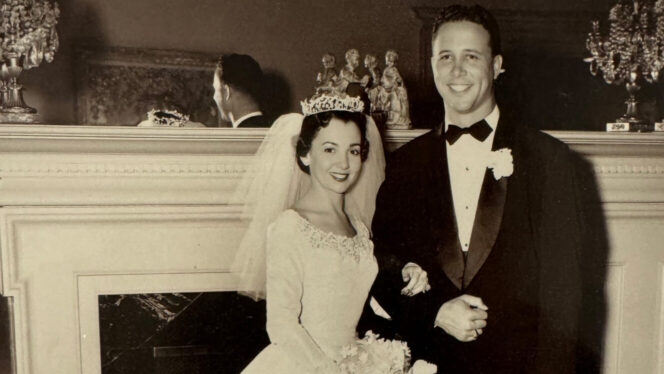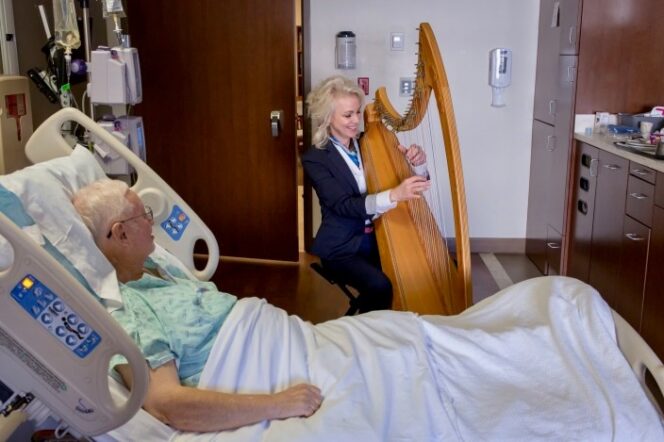T. Boone Pickens · (1928–2019)
Legendary philanthropist and entrepreneur T. Boone Pickens was known for being a visionary. And his $10 million gift to establish an endowment at Baylor Scott & White Dallas Foundation, made at his direction after his passing, is also forward-thinking: This gift simultaneously provides quality care today while training the next generation of physicians to provide excellent care tomorrow.
“Boone Pickens dedicated his philanthropy to solving problems for future generations, and health and medical causes have long been a hallmark of his giving. It’s fitting that this will be the last major gift from Boone in Dallas because he not only trusted his care to Baylor Scott & White in the final years of his life, but he truly believed in the vision of Baylor Scott & White and its unwavering commitment to improving healthcare for all Texans,” said Jay Rosser, director of the T. Boone Pickens Foundation.
The endowment will provide funding for residencies, fellowships, research and other educational opportunities for post-graduate medical education students at the academic medical center. In recognition of the gift, Baylor Scott & White is creating the T. Boone Pickens Graduate Medical Education Endowment Committee, which will play an important role in ensuring that the impact of this gift is felt for generations.
“This endowment exemplifies how two great Texas institutions could come together to help find a solution to a problem affecting not just those in North Texas but across the state,” Rosser said.
T. Boone Pickens Foundation’s generous gift to support medical education aims to address Texas’ physician shortage while honoring the legacy of the late oil tycoon.
Texans facing physician shortage
Texas will face a shortage of over 10,000 physicians by 2032. This crisis is expected to worsen as the population of older adults grows and current physicians retire, leaving many Texans without convenient access to care.
The issue is being exacerbated by the limited number of residency positions nationwide, which are needed to train qualified medical school graduates.
As the largest not-for-profit health system in Texas, Baylor Scott & White is uniquely positioned to address these challenges in physician shortages. In the next 10 years, Baylor University Medical Center’s (BUMC) graduate medical education program will train more than 3,000 physicians. The impact this program will have on the future health and well-being of our communities cannot be underestimated—according to recent statistics, 65% of residents and fellows who train in Texas remain in Texas to provide care for its citizens.
With Graduate Medical Education (GME) programs in 45 specialties and sub-specialties, the System’s training encompasses experience in a diverse patient population and healthcare setting—from Level I Trauma Centers to outpatient primary care clinics—in urban metropolitans as well as suburban and community settings.
“Graduate Medical Education is crucially important to developing the future of healthcare in this state and beyond. We are deeply grateful for this investment in our program and for the impact it will have. This kind of gift makes a meaningful difference for generations,” said Pete McCanna, CEO of Baylor Scott & White.
Top choice for training
BUMC has become a top choice for physicians seeking advanced training due to a demonstrated excellence in graduate medical education—including recognition as a Top 10 Teaching Hospital by Fortune/Merative’s annual top hospital rankings.
“By looking at our most recent numbers, you can quickly discern the competitiveness of our program,” said Cristie Columbus, MD, vice president of medical education and chief of infectious diseases at BUMC. “This last recruitment year, we had 111 entry-level positions to fill and we received over 15,000 applications and conducted 1,500 interviews with trainees from across the country and around the world.”
Ariane Lemieux, MD, a chief resident in internal medicine at Baylor University Medical Center, is a third-year resident who has chosen to train at Baylor Scott & White because of the excellence in clinical care combined with compassion.
“Baylor is very community-based and the most meaningful thing is all the relationships I have made during my training,” she said. “Also, my patients—taking care of my clinical patients has
been such a joy.”
Dr. Lemieux believes so much in the excellent care a teaching hospital offers that she chose BUMC as the place to deliver her twin boys. When her own father became ill, she asked her fellow residents to take the case, knowing he would receive excellent care.
“Scientific literature supports that teaching hospitals provide excellent care,” said Dr. Columbus. “If you’re a teaching physician, you want to be practicing at the top of your game because you are responsible for teaching your residents and fellows. They challenge you and push you to be better and the quality of care delivered at teaching hospitals reflects that.”
Philanthropy crucial to advancing care
Funding for GME is very complex and somewhat limited, making the role of philanthropy critical in sustaining and growing these programs. Historically, GME has been funded by the federal government, but in 1997 that funding was frozen and programs were capped.
“At the time, BUMC had approximately 150 funded positions—we have 311 who train here today. This is why philanthropy is a game changer,” said Dr. Columbus. “Hospital operations provide important support for these programs but there are many competing priorities for that funding. To be able to deliver cutting-edge care to our patients and communities, our System also needs to invest in equipment, technology and therapeutics. That is why philanthropy is so incredibly important and why we’re so incredibly grateful to the Pickens Foundation for this gift.”
BUMC residents and fellows celebrate the T. Boone Pickens gift with members of the Pickens team and Dr. Cristie Columbus. (Left to right) Dr. Sivakumar Sudhakaran, Dr. Ariane Lemieux, Sally Geymuller, Dr. Brett Johnson, Dr. Luis Berrios, Dr. Cristie Columbus, and Jay Rosser.

For more information on how you can help train the next generation of physicians at Baylor University Medical Center, please contact Christina Goodman at 214.820.4408 or Christina.Goodman@BSWHealth.org.

